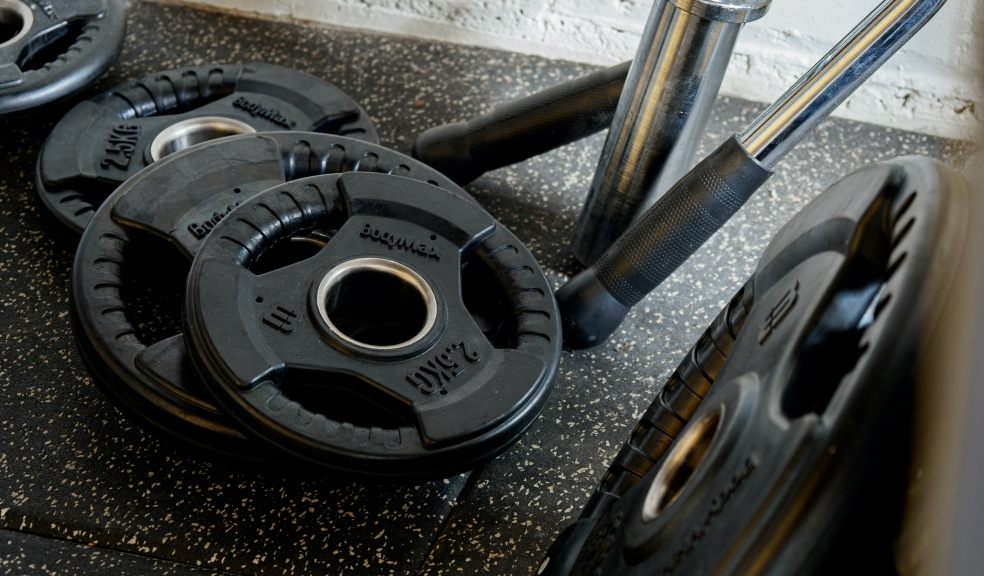
The Important of Strength Training
If you don’t use muscle, you lose muscle. Our bodies have evolved to maintain only the muscle we need to complete our daily jobs. This is because muscles require calories, so the bigger you are, the more you need to eat. In hunter-gatherer societies (and urbanised societies until quite recently), food wasn’t easily available, and there would have been periods when it was scarce. Having excess muscle won’t help you survive.
Today, most of us have very sedate lifestyles instead of the arduous and physical lifestyles of our ancestors. There’s no need to carry lean muscle, so it atrophies. At the same time, calories are easily available, and you don’t need to expend calories tracking a herd, throwing spears and carrying a dead deer over your shoulders. The result is simple: less muscle and more fat.
Muscle, and subsequently strength, is important for our health and wellbeing. To begin with, having a more muscular physique improves people’s self-esteem and confidence because you look fitter (both in and out of clothes). I should manage expectations here: most people don’t have the genetics, time, pharmaceutical and cosmetic assistance, or photoshopping skills to look like social media fitness models. These are extremes that average members of the public won’t achieve (and probably don’t want to).
When you strength train to build muscle, not only do you burn calories working out, but the more muscle you carry, the more calories you need to maintain that muscle. Muscle mass increases and fat mass reduces, and we all know that having less body fat is associated with lower risk of a long list of health conditions.
People often strength train primary for the aesthetic reasons already mentioned, but having more muscle and strength is very practical and increases your standard of living. Being stronger allows you to achieve daily tasks more easily, like rearranging the garage, getting Christmas decorations out of the loft or simply opening a jar of gherkins. In addition, as we age, and we accumulate physical wear and tear, strength training keeps our bodies resilient, allowing us to stay active with less fear or twisting an ankle, hurting our back or damaging our knees. This means we can keep playing football with our kids, or continue to play social rugby with our mates, or even get through a whole day of gardening without problems.
Having enough strength to stay active allows us to reap the countless other benefits of physical activity. Most people thing of fitness as being about strength and cardio, but there are other components of fitness, like balance, coordination, flexibility, speed and power. When you play a game of five-a-side football with your mates, you are developing all these aspects of your fitness too. They might not seem, initially, as being particularly valuable, but, for example, it’s balance and coordination that will stop you from breaking an ankle when you put your foot a pothole, or stumble over your dog when taking it out for a walk. There are also psychosocial benefits to these types of activities. Team activities offer camaraderie, a sense of purpose, banter and something to look forward to. Competitive sports also remind us of the value of work hard, teamwork and how to win and lose gracefully (things I think are valuable for adults as well as kids).
Children are physically very resilient and naturally very active, and this should be encouraged. Young children don’t need to perform structured strength training, but should focus more on varied play, skill acquisition, and enjoying the psychosocial aspects of activity that I’ve already mentioned. There is a strong argument for introducing children to basic strength training as they develop into their teens, particularly if they want to become more focussed and competitive. As you age, it becomes more important to perform some structured strength training to allow you to stay active, and also to keep you looking and feeling fit. This doesn’t need to be in a gym but can be outside or in your garage. If you’re not sure about what you are doing, there is real value in getting help from a qualified personal trainer or strength coach with a good reputation. Remember, if you don’t use muscle, you lose muscle!
Tom is an Exeter personal trainer, fitness instructor and athletics coach.














